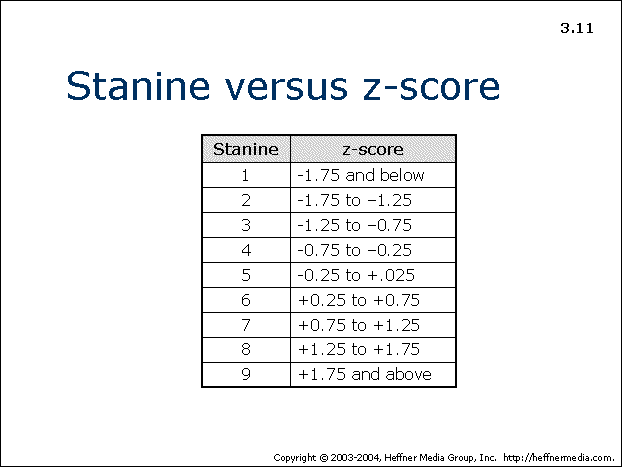
Introverts Might Enjoy Socializing More Than They Think
Why do people vary in their tendency to seek out opportunities to interact with others? A reasonable explanation would be that extraverts simply enjoy social interactions more than introverts do.
To some extent, this appears to be the case. But a new study from researchers at Duke University and Johns Hopkins University suggests there’s more going on. In particular, introverts might be underestimating how much they’ll get out of opportunities for social interaction.
The researchers discovered this by bringing people into their lab to socialize. The researchers asked people to rate how they expected to feel after socializing, then followed up to see how people actually felt.
For the most part, both extraverts and introverts got a boost in their mood from interacting with other people. Overall, extraverts got more of boost than introverts, supporting the idea that extraverts do find social interaction more rewarding.
Despite the fact that their mood increased after socializing, introverts tended to be pessimistic about their upcoming social interactions: they predicted that they’d feel worse after socializing. So it’s true that introverts seem to enjoy social interactions less than extraverts, but beyond that they apparently have unrealistically low expectations about how they’ll feel after socializing.
To be fair, extraverts also underestimated the lift in mood they’d get from the social situation. But unlike introverts, who thought their mood would decline, extraverts simply didn’t see that socializing would change their mood much one way or the other.
The only group who didn’t gain an emotional boost from socializing were the most extreme introverts, which the researchers estimate as being the 12 percent most introverted of the general population. Even these people, though, were unnecessarily pessimistic about their social interactions: they expected to feel worse after socializing when in fact they felt the same as before.
In general, introverts also predicted that socializing would deplete their cognitive abilities. Once again though, researchers found no evidence that this was actually the case. At least on the test administered in the experiment, neither introverts nor extraverts seemed to have reduced cognitive skills after social interaction.
Another variable the researchers looked at was how people’s apparent social skills related to their experiences. They did so by having people rate each other’s the perceived social skillfulness.
It turned out that both extraverts and people who experienced a greater boost in mood from socializing tended to receive better ratings in social skills. Interestingly, introverts were perceived as more socially skillful when they were more afraid of being evaluated negatively. The same wasn’t true for extraverts, leading the researchers to suggest that “fear of negative evaluation may motivate introverts to compensate for the suite of psychological processes that diminish their performance in social interactions.”
Overall, these results reinforce the idea that people who find social interactions more rewarding tend to be more extraverted and socially skillful. At the same time, there seems to be more going on, including that introverts may be overly pessimistic in their expectations of what they’ll get out of social interactions that haven’t happened yet.
Image: Flickr/visualpun.ch